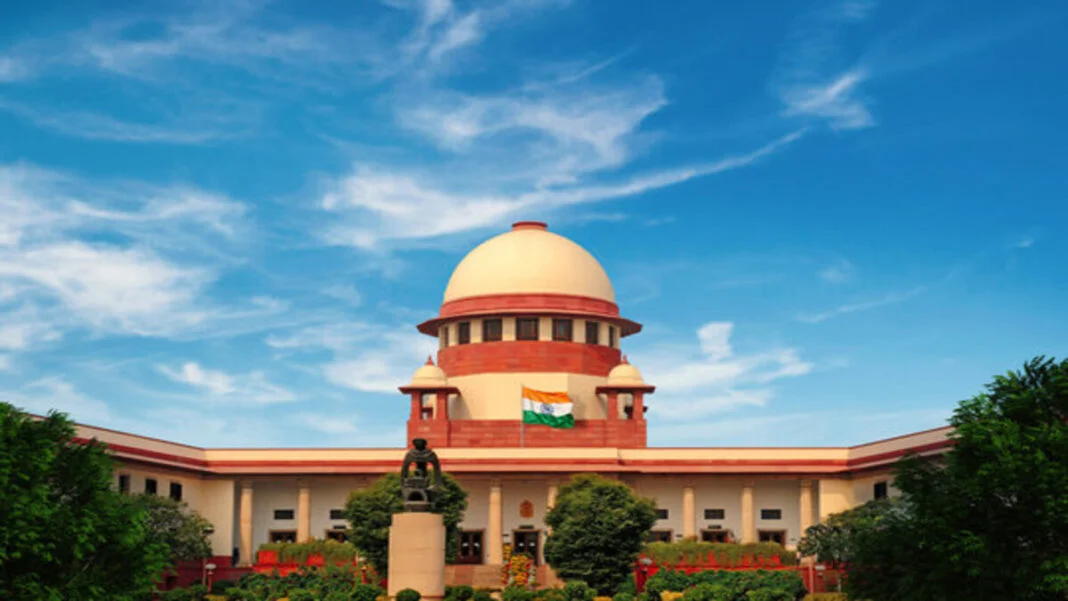With the ongoing BBC documentary ban controversy on Prime Minister Narendra Modi’s role in the Gujarat riots in 2002, the Supreme Court of India on Monday agreed to hear pleas challenging the Centre’s decision to ban the documentary on all social media and streaming platforms in India.
On Monday, February 6, the Supreme Court will hear a petition challenging a decision made by the government. The bench hearing the appeal will be led by Chief Justice DY Chandrachud.
The PIL was filed by a New Delhi-based M L lawyer Sharma on the grounds that people around the country are being arrested and rusticated for streaming the documentary. He alleged the ban of the documentary was “illegal, mala fide, arbitrary and unconstitutional”.
Further in his plea, Lawyer Sharma urged the court to examine Part I and Part II of the documentary and sought action against the people who were responsible and were directly or indirectly involved in the 2002 Gujarat riots to provide justice to the victims of the riots.
Separately C U Singh put forward the plea of attorney Prashant Bhushan, journalist N Ram, and opposition politician Mahua Moitra, who filed a petition regarding the government’s mandate to remove social media links to the documentary.
After receiving backlash from the second petition on Twitter, law minister Kiren Rijiju commented, “This is how they waste the precious time of the Honorable Supreme Court, where thousands of common folks are waiting and seeking justice dates”. Members of the right-wing Hindu Sena displayed anti-BBC signs in front of its India headquarters in New Delhi, accusing the news organisation of “tarnishing the image of the prime minister” and demanding that it “leave India”.
On January 21, the Center issued an order requiring that links to the contentious BBC documentary “India: The Modi Question” be removed from a number of different YouTube videos and Twitter posts.

